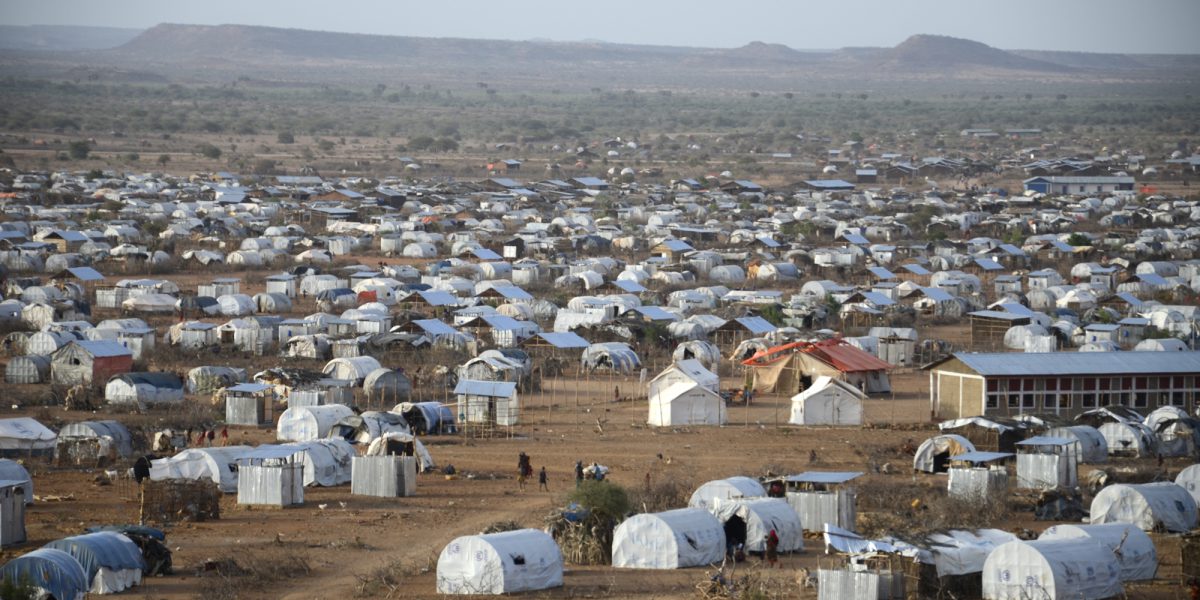USA: JRS/USA Opposes Expansion of Travel Ban
31 January 2020

Three years after the U.S. implemented its first travel ban blocking the entry of immigrant and non-immigrant visitors from seven Muslim-majority countries, the Administration announced today an expanded travel ban that now includes individuals from Eritrea, Kyrgyzstan, Myanmar, Nigeria, Sudan, and Tanzania.
Jesuit Refugee Service/USA continues to oppose efforts to limit access to protection for any individual based on their country of origin. While the expanded ban will reportedly not apply to individuals from the listed countries who are considered for admission through the U.S. Refugee Admissions Program (USRAP), many forcibly displaced people will still have limited access to the United States
JRS works with forcibly displaced people from Myanmar, Nigeria, Sudan, and Eritrea who have fled persecution, extreme violence, or forced conscription mandated by an authoritarian government. An expanded travel ban would exclude this vulnerable population from seeking a better life or being reunited with family in the United States.
“Innocent people who are simply trying to escape violence and persecution will suffer as a result of this new policy, further diminishing U.S. leadership in championing human rights, protection, and the rule of law,” said Giulia McPherson, Director of Advocacy & Operations at JRS/USA.
The Administration’s original travel ban, announced in January 2017, went through a series of court challenges eventually making its way to the Supreme Court, which allowed a third iteration of the order to go into effect.
JRS/USA urges the Administration to consider the potentially harmful impact of an expanded travel ban on individuals and families who are in search of safety and security, and that their inherent rights are not undermined in the name of national security.



